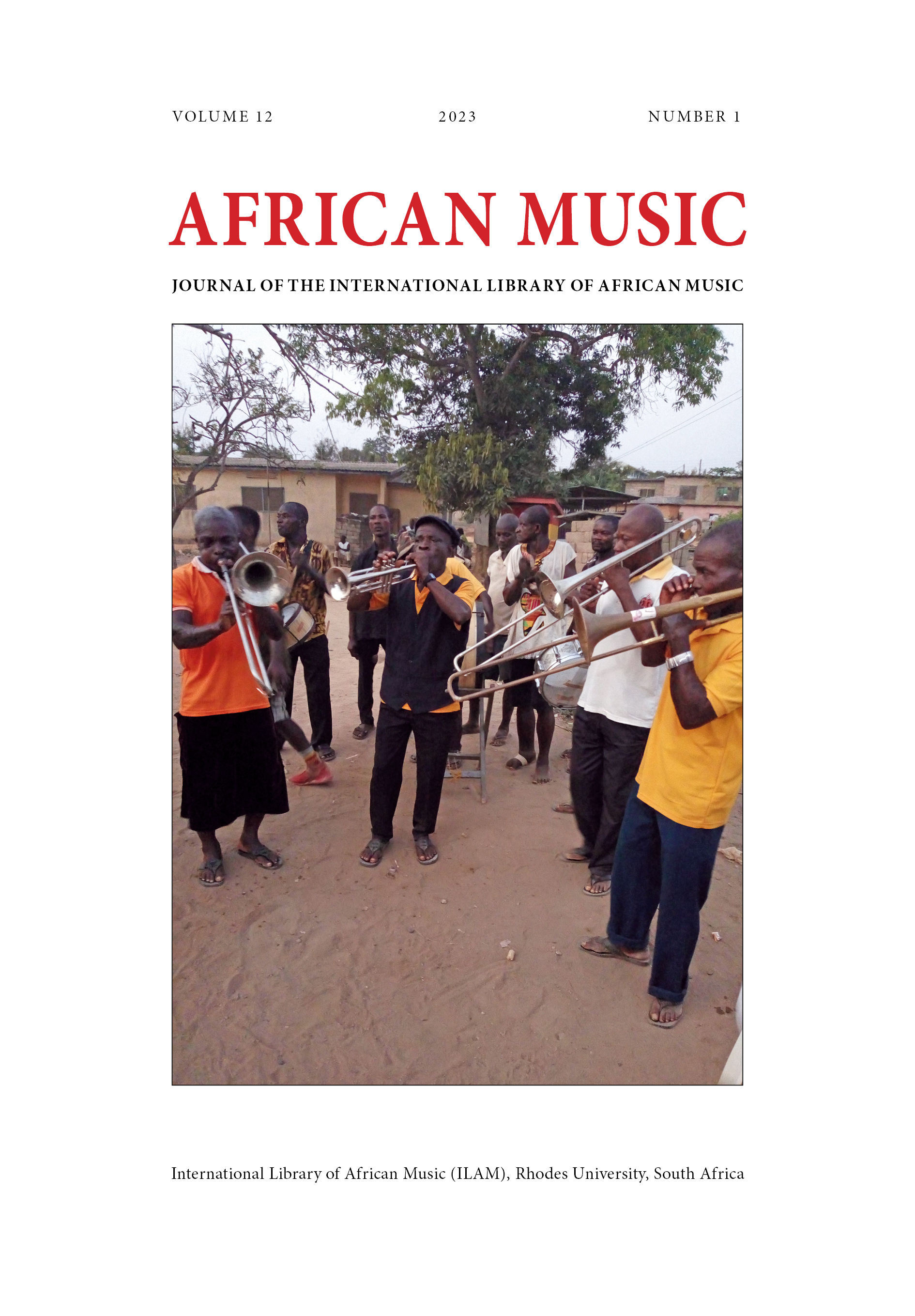Main Title
Andalusi music
Alternative Title
Abstract
Andalusi music traces its origins to the development of distinct musical and poetic forms (nubat, zejel, and so on) on the Iberian Peninsula since the ninth century. Andalusi music continues to be performed in various Mediterranean countries, predominantly Morocco, Algeria, Tunisia, and Libya. This article examines how Andalusi music links the precolonial imaginary, the colonial past, and postcolonial narratives of Spain within an Afro-Asian context. By focusing on performative commonalities across a vast region that have origins in al-Andalus, this article explores the concept of convivencia (coexistence) in relation to the intercultural rhetoric of Andalusi music. The article also considers its interaction with other modal systems such as haul from Mauritania, music associated with the Mande Empire in West Africa, the Middle Eastern and North African maqamat, Persian dastgah, and Hindustani raags. In the course of this exploration, the article broadens the understanding of the historical and contemporary circulation of music across continents. In addition, this article explores the afterlives of Ziryab, an African musician and a contested founder of Andalusi music, whose legacy emphasises the significant role of Africa in the musical development of al-Andalus.
Type of Resource
Language
Created at Date
28/04/2025
Associated Entities
Additional Date
Created at Country
Located at
Subject
In Collection
Preview Image

Identifier
Resource Type
-
TypeDigitalDescriptiontextNotepages: 37-55Methodborn digital
